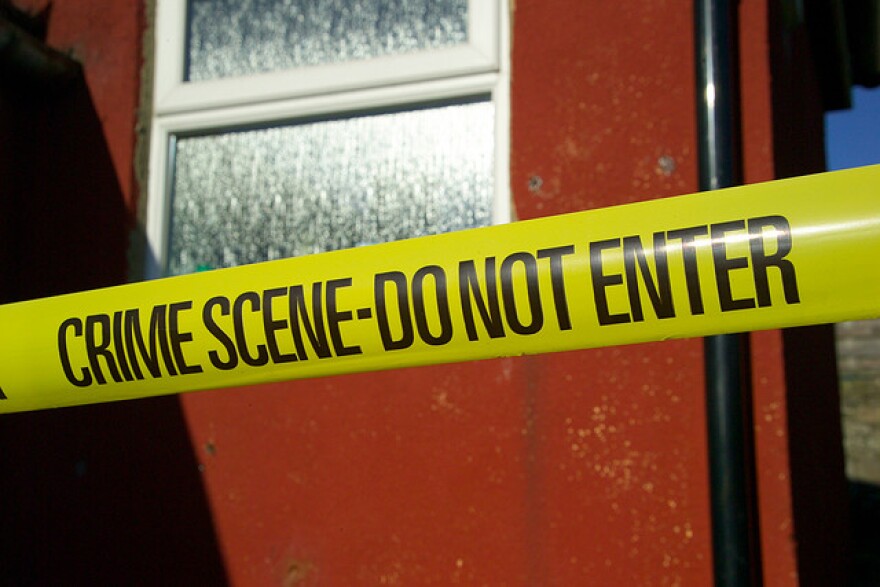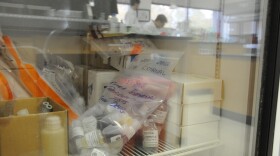Delays at North Carolina's State Crime Lab are a longstanding issue. Now, some local law enforcement agencies are seeking quicker assistance elsewhere.
Steve Williams heads Greensboro's Forensic Services division. He says that because rapes and homicides take precedence, the review of evidence for other crimes can take a very long time under the state system.
"It could take years to get a lot of the property crimes even looked at," Williams said.
So the police department uses a private lab for evidence in burglary cases, paying for the private testing through asset forfeitures.
Other cities are joining in. Winston-Salem is expected to send DWI evidence off to private labs this spring.
There are many reasons for the backlog at the North Carolina State Crime Lab in Raleigh. One is finding and paying qualified staff. But a report issued this year by researchers at the University of North Carolina School of Government shows a second, more complex problem. The report goes into detail about the effect a 2009 U.S. Supreme Court decision, Melendez-Diaz, had on the way forensic evidence gets admitted at criminal trials. >>Read more.
As a part of the report, a working group then brainstormed ways to deal with the backlog. They came up with 17 ideas, some of them incredibly simple. For example:
1. Give lab personnel information about what's happening in the courtroom. (Sometimes, lab staff would travel across the state for a trial, only to find out that the case had already been resolved.)
2. Design a system to alert judges when lab personnel are on-site and available to be called as witnesses. (Judges have the discretion to take witnesses out of order. The sooner an analyst testifies, the sooner s/he can get back to analyzing evidence.)
WUNC's Phoebe Judge and Eric Mennel had a chance to go inside the state crime lab. They brought along a camera and a microphone.










